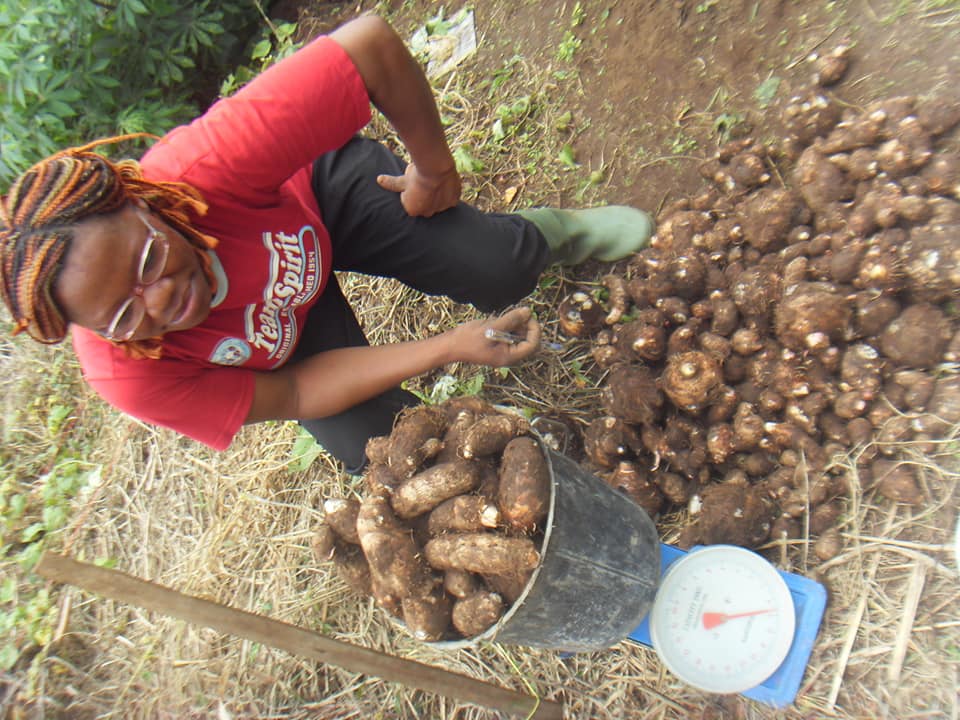In the wake of the devastating impact of phytophthora intestines, a destructive fungi disease, on the cultivation of Colocasia Escolanta (Igbo Cocoyam), Weesdev is spearheading a movement to rekindle hope in communities. The aim is to encourage active engagement in the cultivation of this resilient crop, presenting it as a viable alternative livelihood to alleviate hunger and poverty.
The once-discouraged crop, Colocasia Escolanta, has the potential to not only survive but thrive in our communities. Weesdev highlights the resilience of this crop, emphasizing its ability to withstand the challenges posed by phytophthora intestines. By promoting its cultivation, Weesdev envisions not only revitalizing the agricultural landscape but also fostering economic sustainability.
The chronological journey begins with the adversity faced by Colocasia Escolanta due to the widespread impact of the fungi disease. Weesdev acknowledges the discouragement that ensued, leading many to abstain from consuming the crop. However, the narrative takes a positive turn as Weesdev introduces a solution: the cultivation of Colocasia Escolanta as an alternative livelihood.
Weesdev provides a strategic timeline, advocating for the cultivation of Colocasia Escolanta, especially emphasizing the opportune moment in December to initiate the planting process. The promise of a harvest within seven months adds a tangible and time-bound dimension to the initiative, instilling a sense of urgency and hope in communities.
This Weesdev-led initiative is not merely about restoring a crop; it’s about revitalizing communities, empowering individuals, and creating sustainable livelihoods. By presenting Colocasia Escolanta as a resilient and fruitful option, Weesdev envisions a future where hunger and poverty are mitigated through the collective efforts of engaged communities.






Hi, this is a comment.
To get started with moderating, editing, and deleting comments, please visit the Comments screen in the dashboard.
Commenter avatars come from Gravatar.